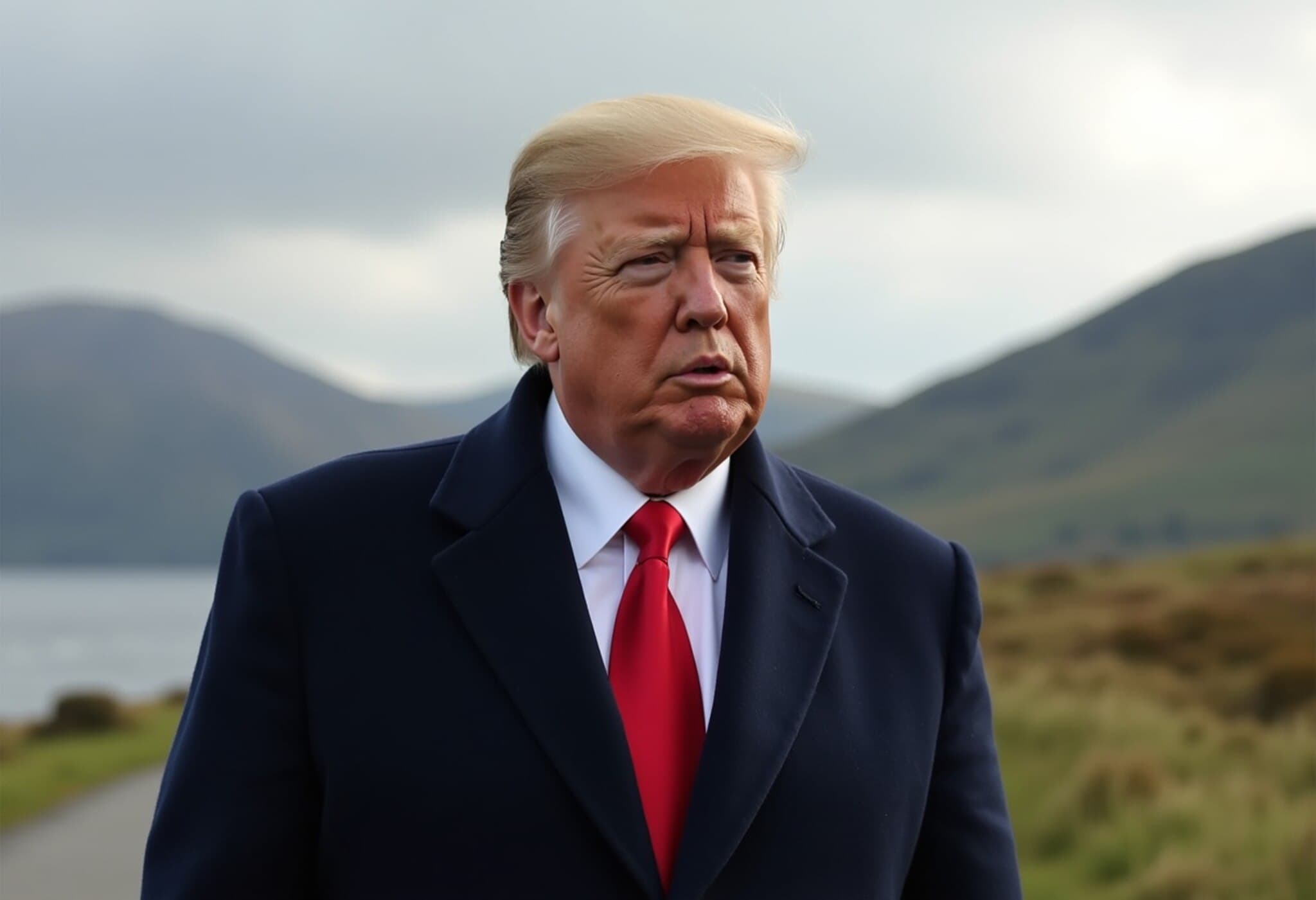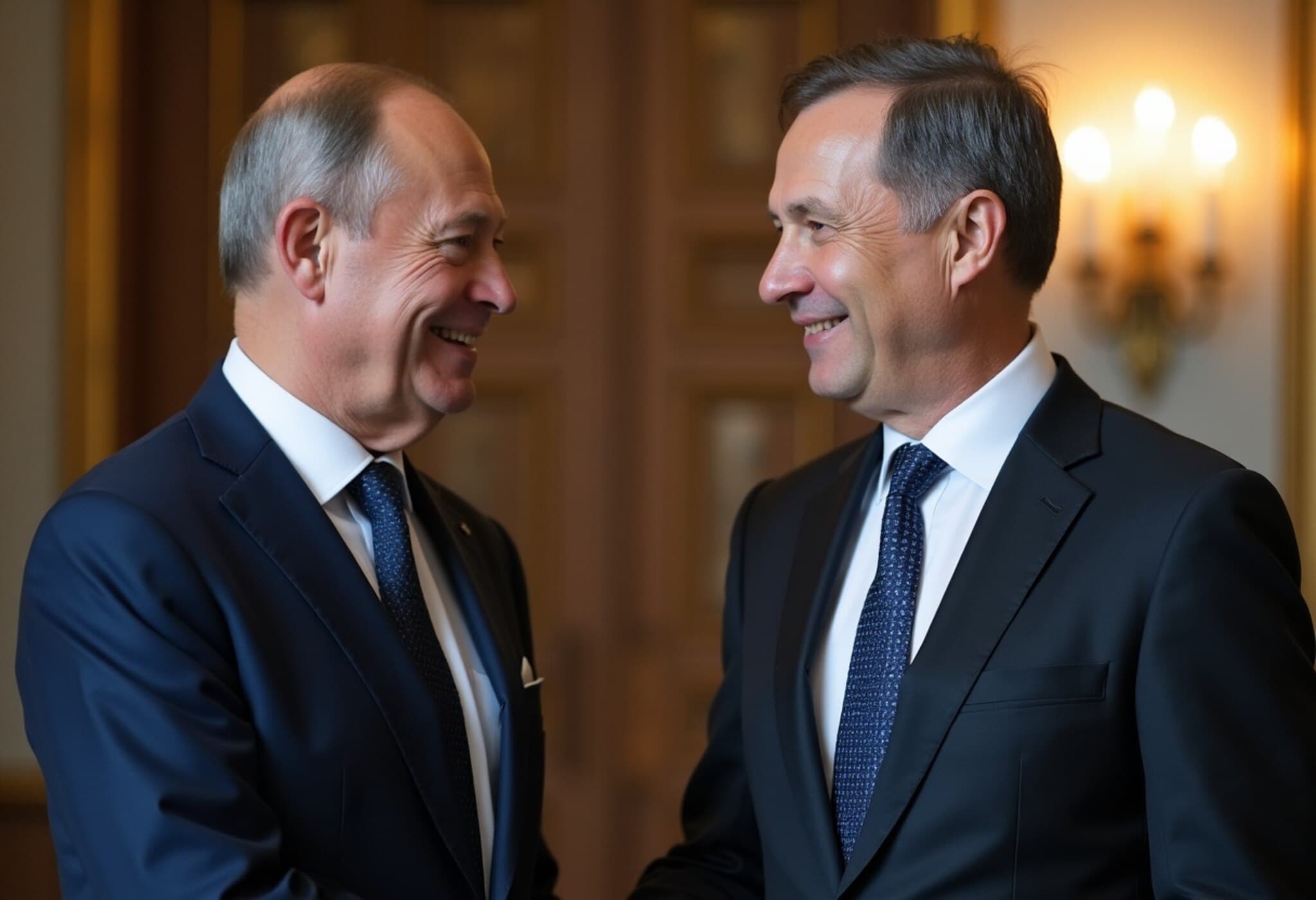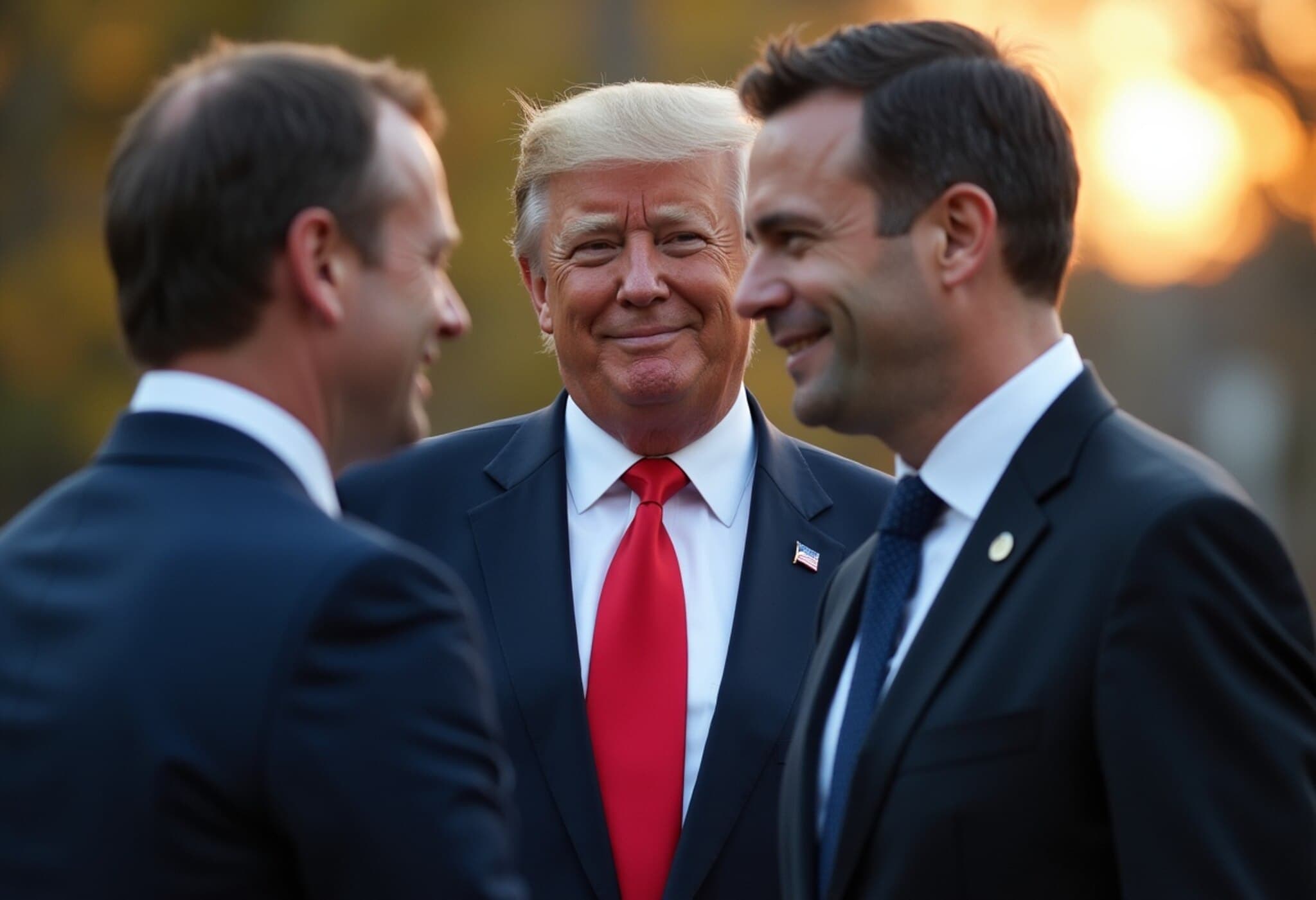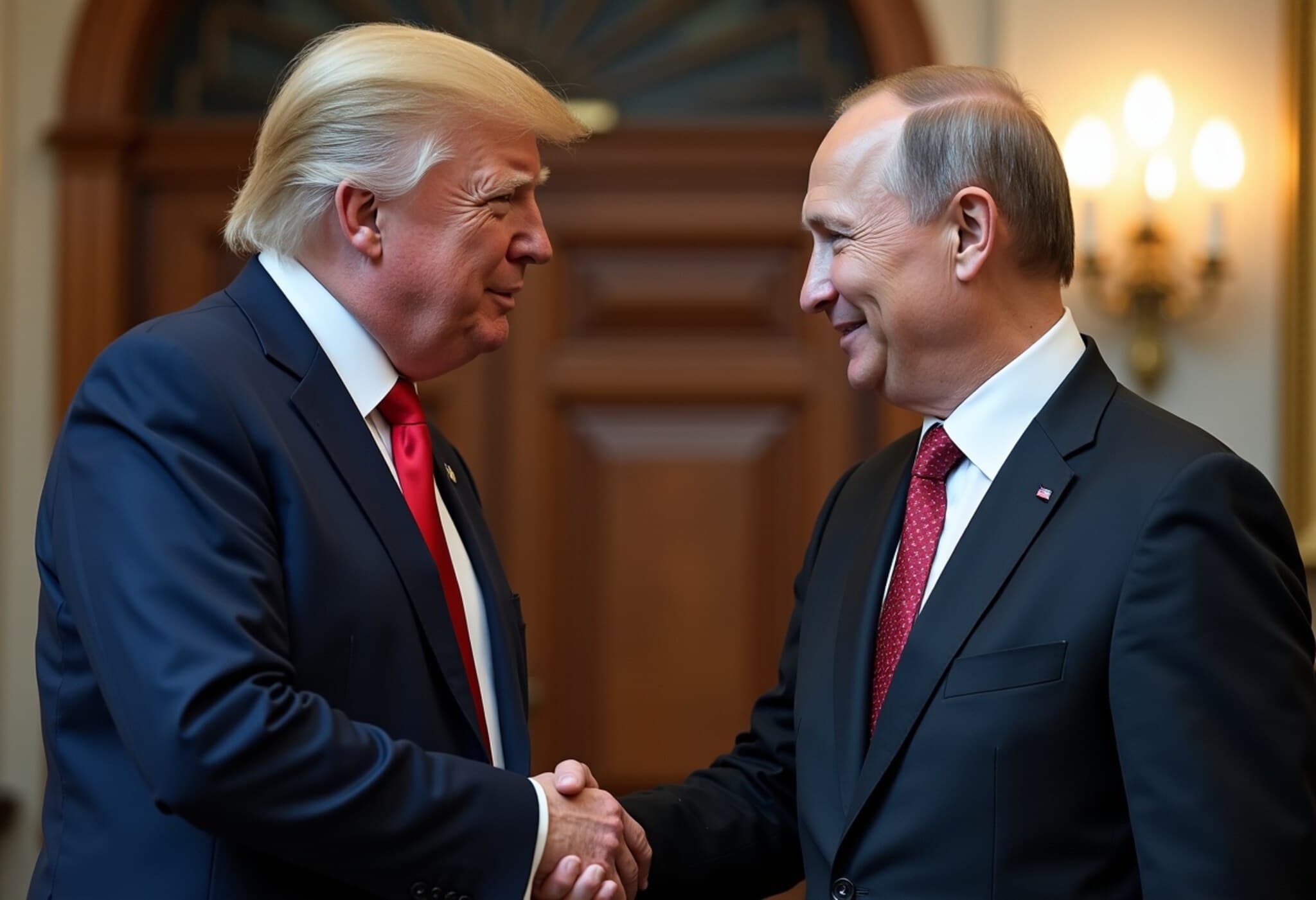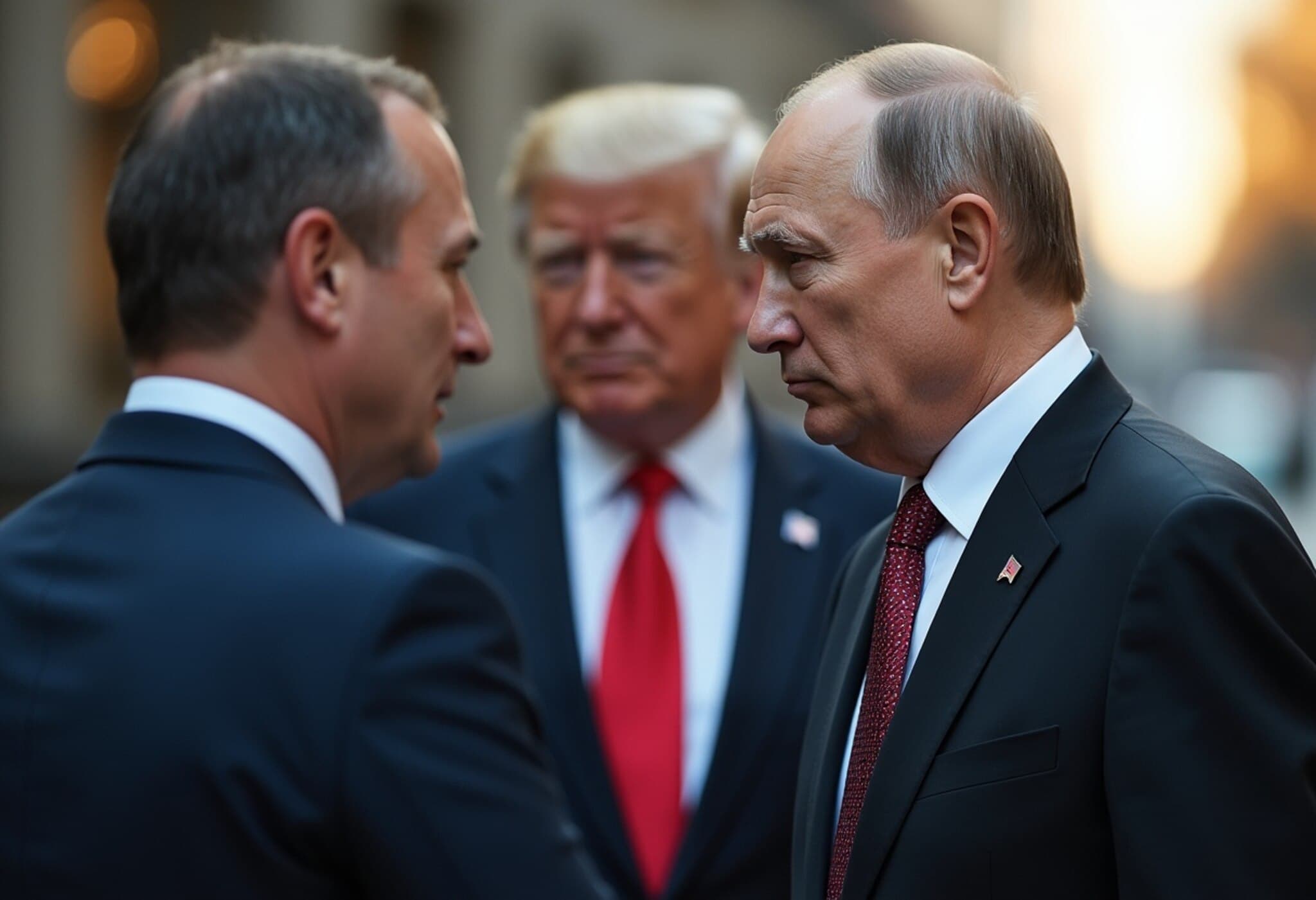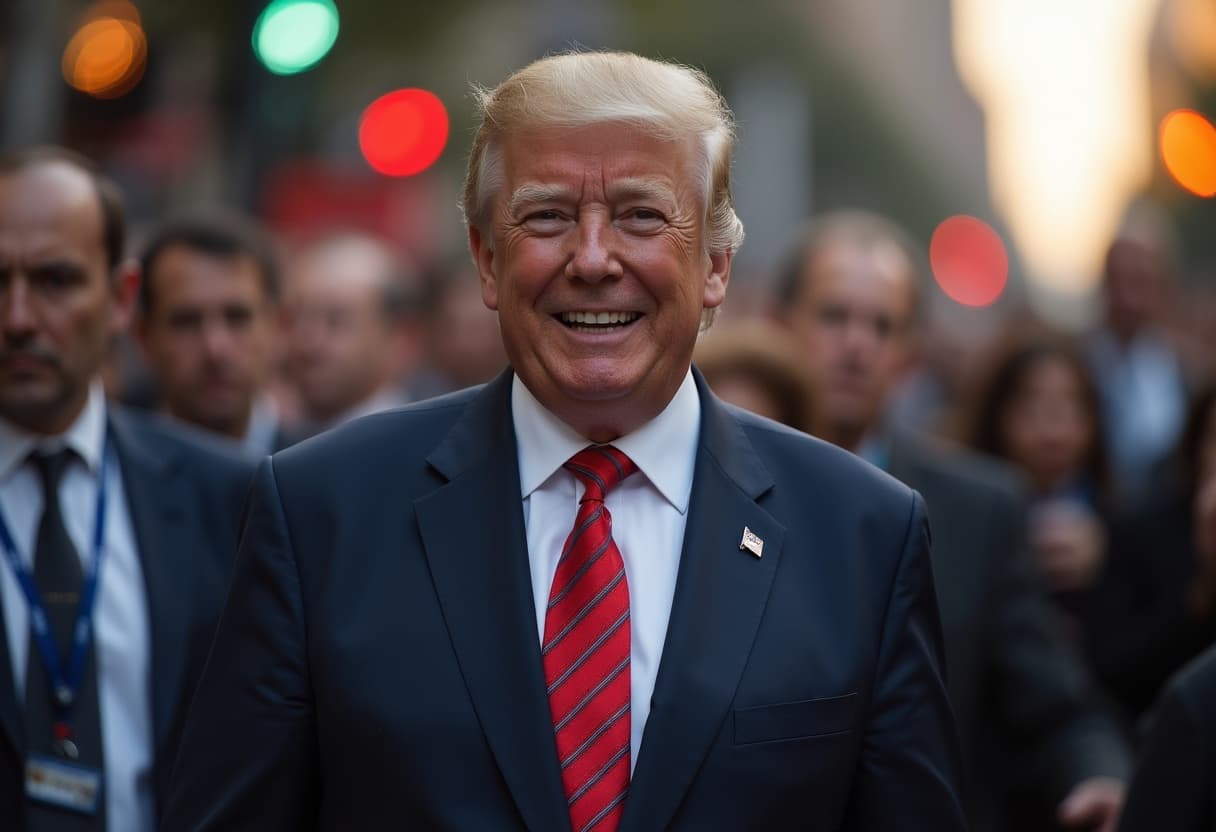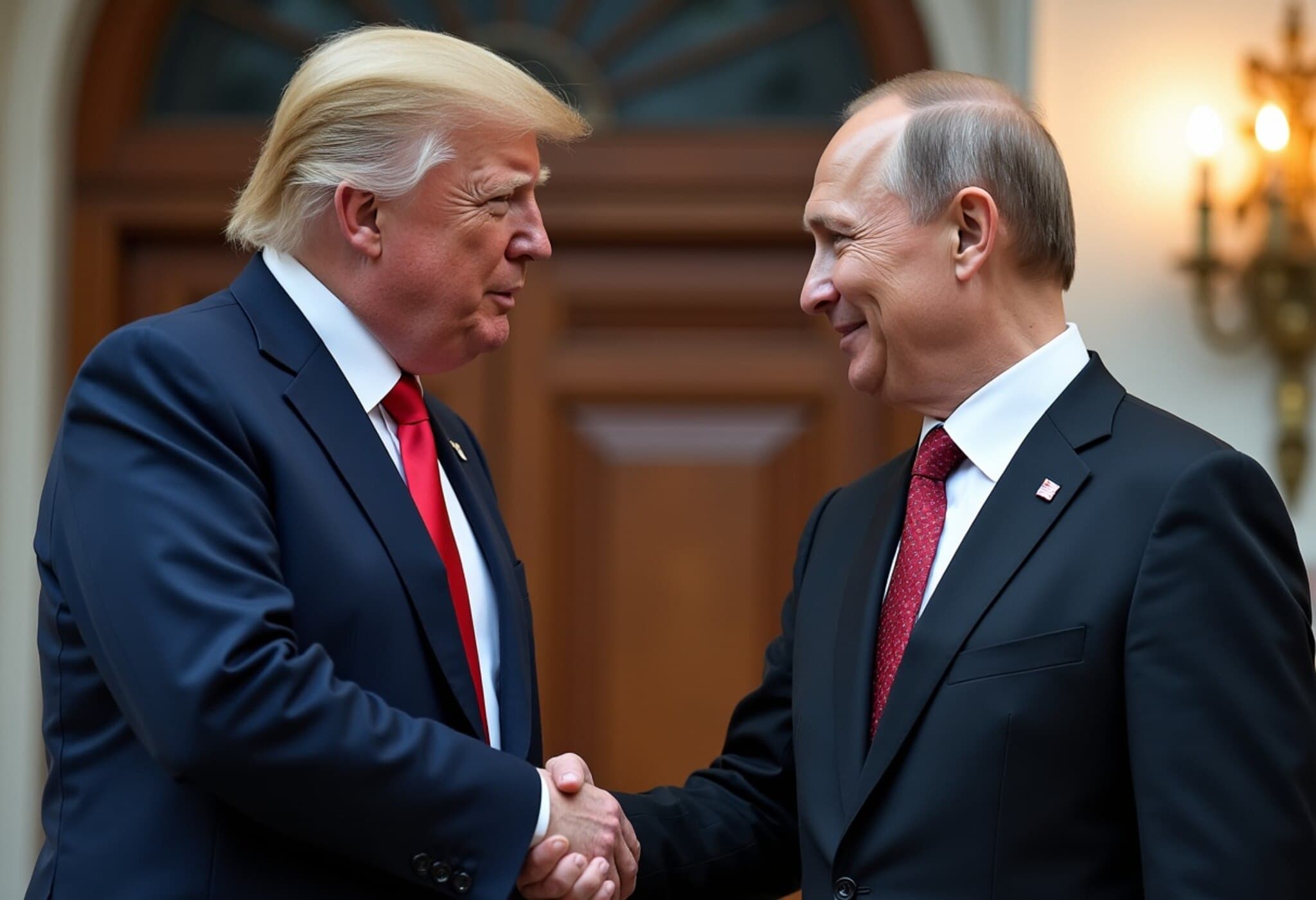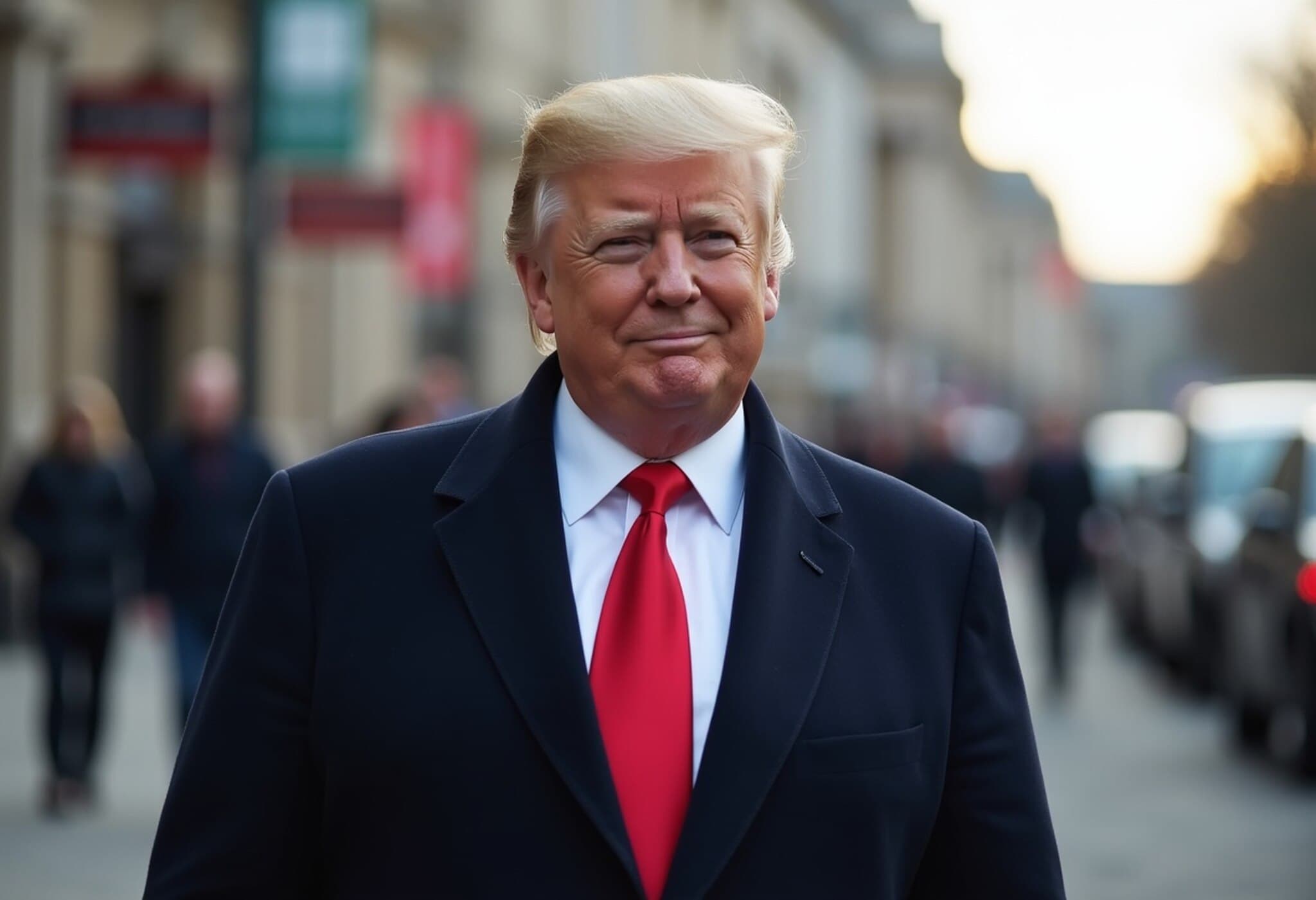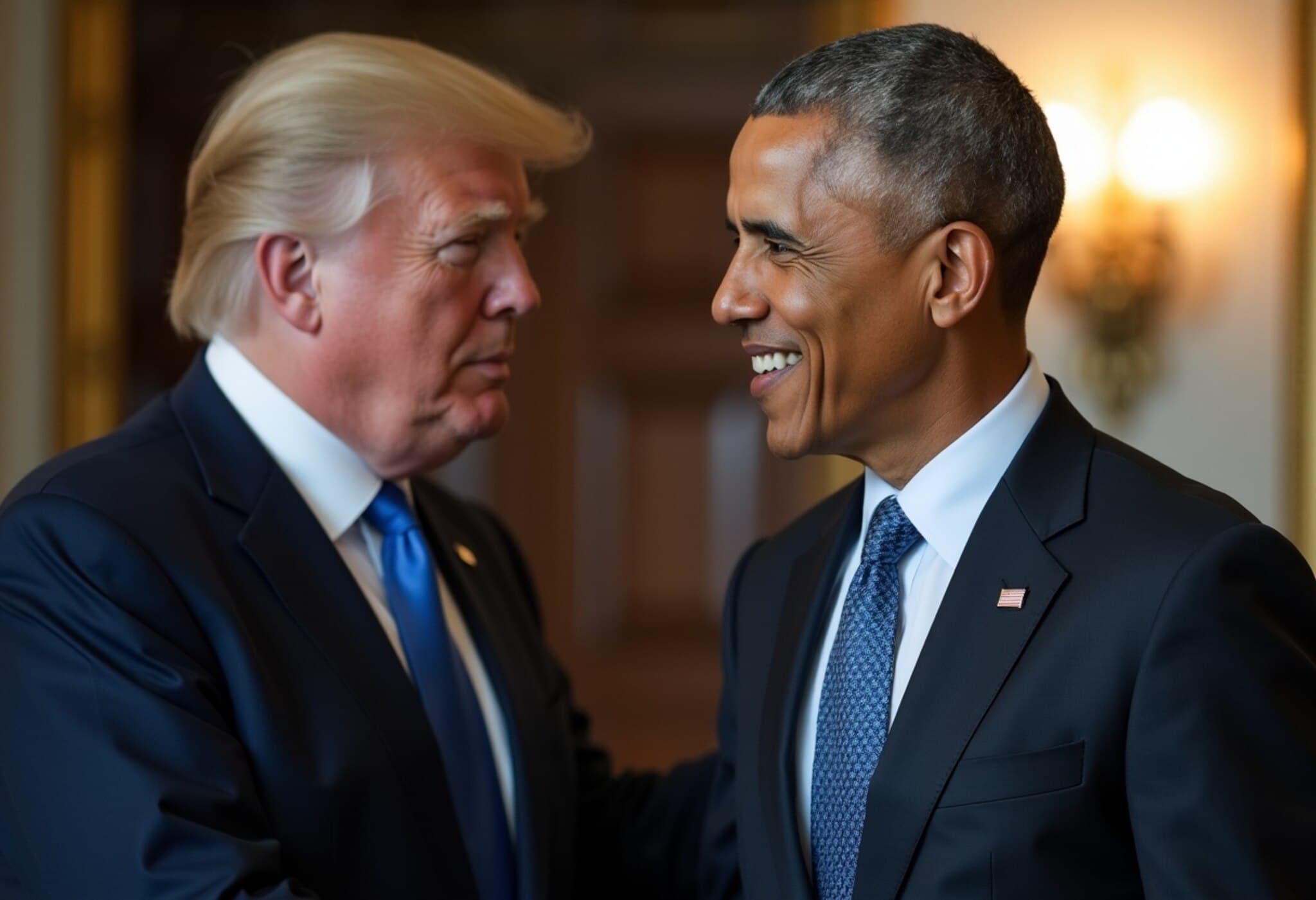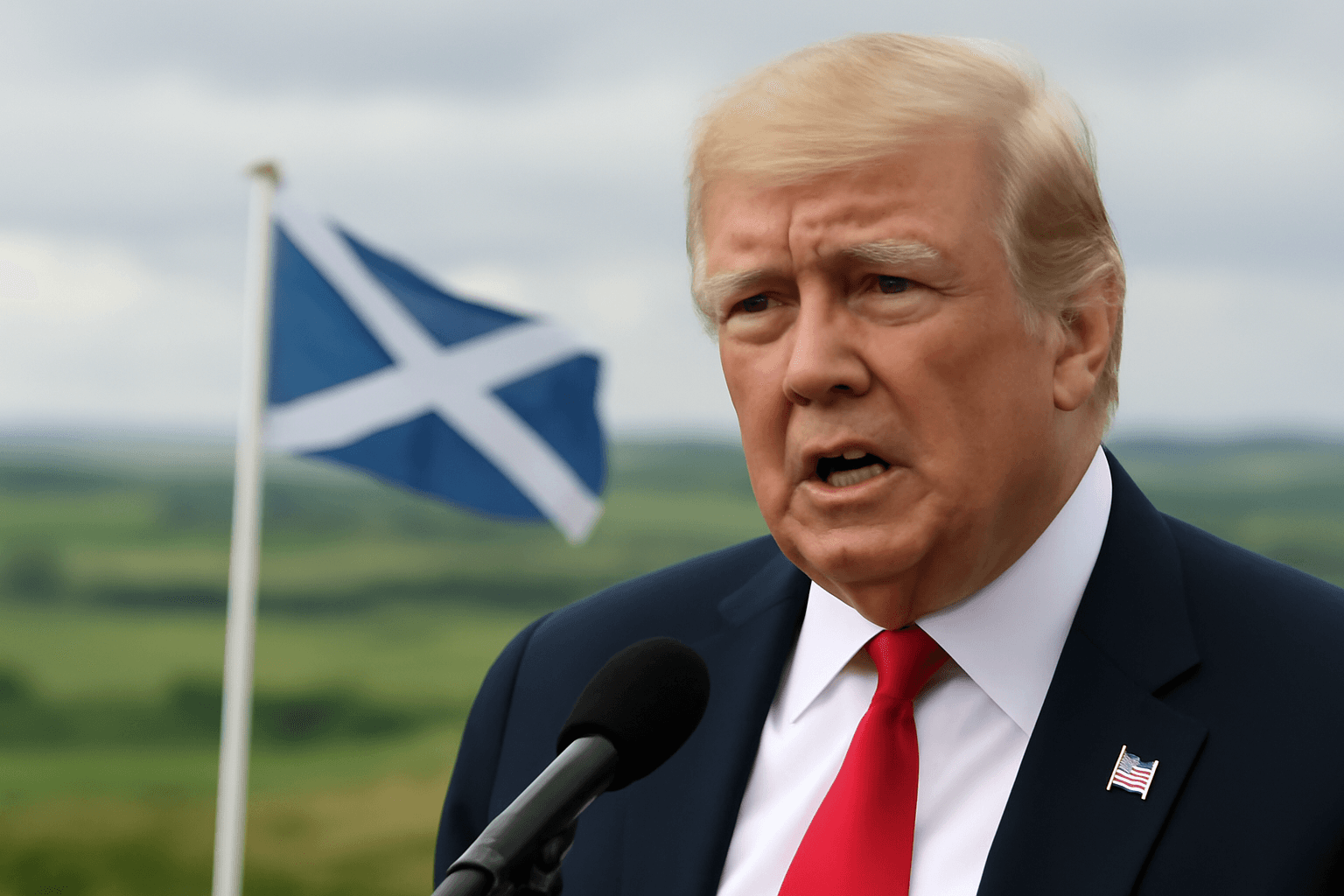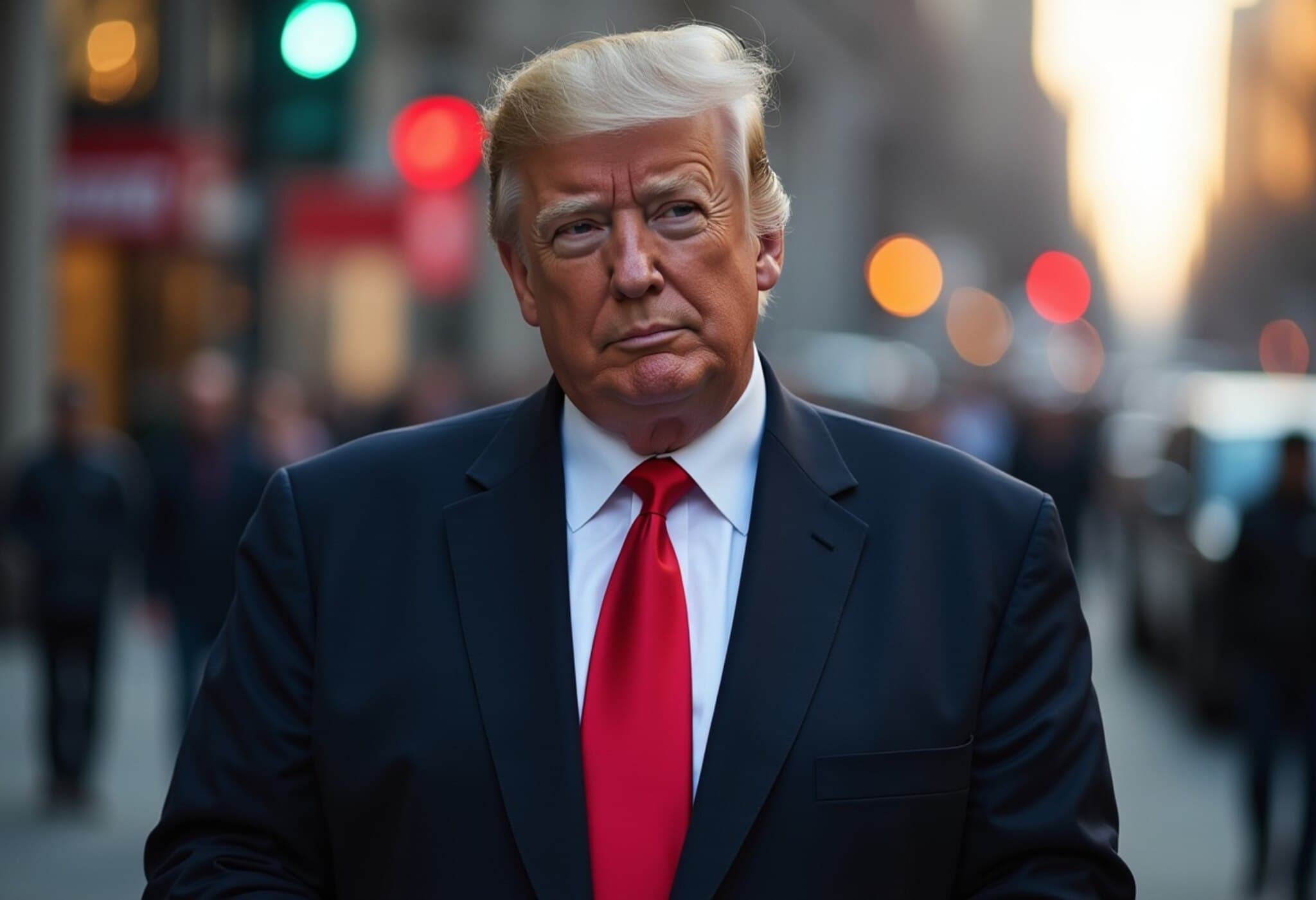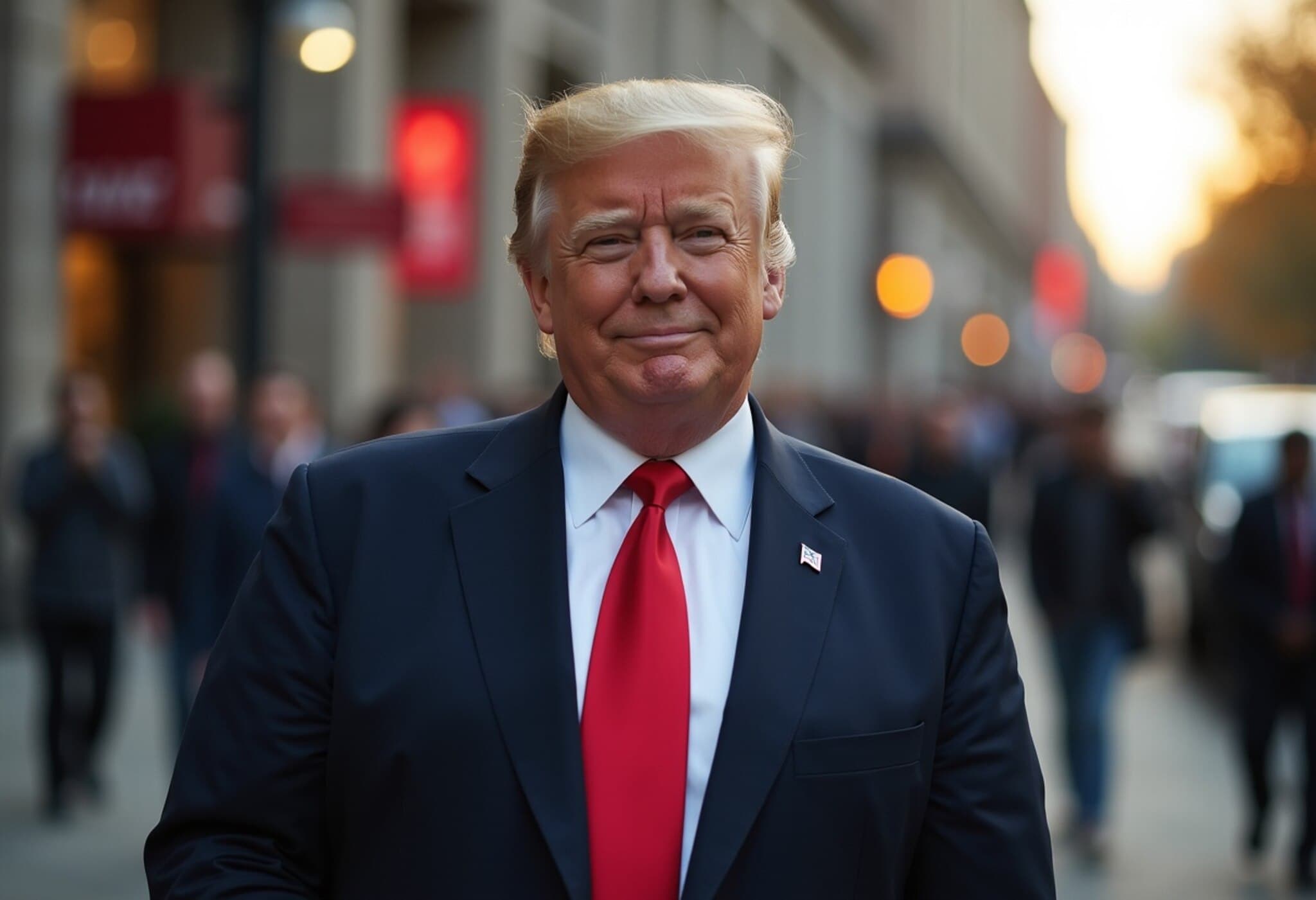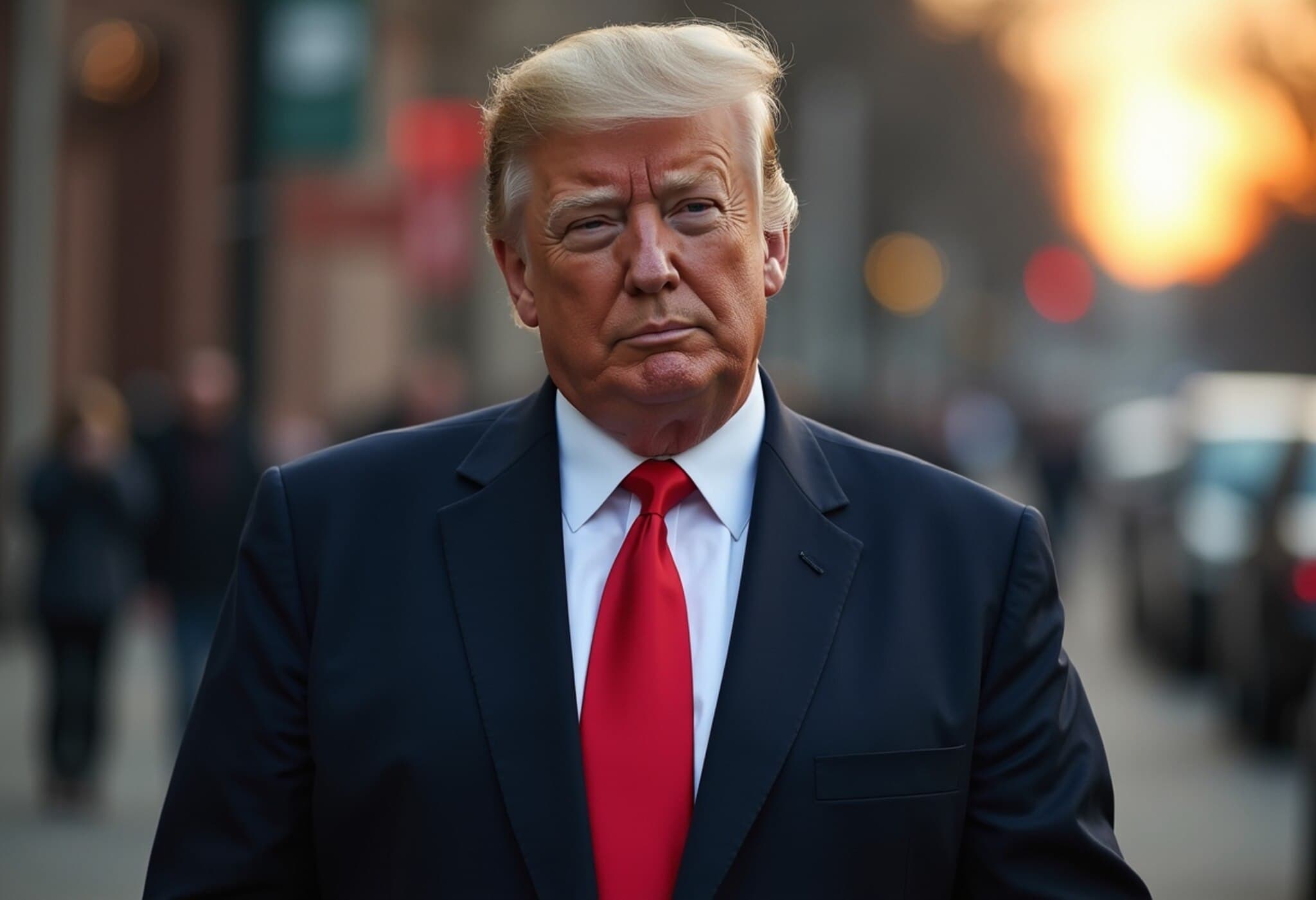Donald Trump Delivers Stark Warnings on Immigration and Wind Energy in Europe
During his recent five-day visit to Scotland, former U.S. President Donald Trump did not hold back in expressing his views on two highly contentious topics: immigration policy and the use of wind energy across Europe. Upon arrival, Trump spoke candidly to reporters, urging European nations to "get their act together" to prevent what he described as an "invasion" through immigration that he believes is "killing Europe."
Immigration: "A Crisis Calling for Urgent Action"
Trump’s comments struck a chord by framing immigration as an existential threat to Europe’s political and cultural identity. Notably, he praised certain, unnamed European leaders for their stricter immigration stances while simultaneously criticizing others. "Some leaders have not let it happen, and they’re not getting the proper credit," he remarked, implying that immigration policies need to be more robust continent-wide.
He drew a sharp contrast between his administration's comprehensive US-Mexico border crackdowns and policies he claims former President Joe Biden mishandled. "Last month, we had nobody entering our country. Nobody. Shut it down," Trump said proudly. His rhetoric taps into a broader debate on sovereign border control and national security that remains divisive in both American and European political landscapes.
Criticism of Wind Energy: Environmental Concerns vs. Economic Realities
Aside from immigration, Trump also took aim at Europe’s green energy initiatives, particularly wind power. "Stop the windmills. You're ruining your countries," he asserted, painting a vivid picture of wind turbines marring landscapes and threatening wildlife, especially bird populations. His views contrast sharply with the European Union’s aggressive push toward renewable energy to combat climate change and reduce carbon footprints.
This critique invites a crucial conversation about balancing environmental sustainability with economic and ecological concerns. While wind energy remains a cornerstone of Europe’s climate strategy, Trump's comments reflect skepticism shared by some communities worried about the local environmental impact and aesthetics.
Personal and Diplomatic Ties in Scotland
During his stay, Trump visited two of his renowned golf properties—Trump Turnberry and Trump International Golf Links—highlighting his ongoing business interests in Scotland. The visit also featured a scheduled meeting with UK Prime Minister Keir Starmer, signaling a blend of personal, commercial, and political engagement.
Trump's connection to Scotland is deeply rooted; his mother, Mary Anne MacLeod, was born on the island of Lewis in the Outer Hebrides before emigrating to America. This familial heritage underscores the symbolic importance of his return to Scotland ahead of the anticipated state visit in September, when he and First Lady Melania Trump plan to be hosted by King Charles at Windsor Castle.
Expert Perspective: Navigating Complex Transatlantic Challenges
Trump’s visit and outspoken remarks come at a time of mounting challenges for Europe, including immigration pressures fueled by geopolitical instability and the urgent need for sustainable energy solutions amid climate change. While his hardline stance on immigration resonates with certain political factions, it also risks deepening divisions within the European Union regarding migration policies and humanitarian responsibilities.
Moreover, the criticism of wind energy signals a broader skepticism about rapid transitions to renewables without fully addressing local environmental and social impacts—an issue that experts caution must be carefully managed to maintain public support for green policies.
Looking Ahead: What This Means for US-Europe Relations
Trump’s Scotland visit and the upcoming state visit spotlight the nuanced dimensions of US-UK relations and transatlantic diplomacy. How these discussions unfold may influence cooperation on immigration, climate commitments, and economic partnerships.
Key Takeaways:
- Immigration remains a politically charged and emotionally complex issue on both sides of the Atlantic, with competing values of security, humanitarianism, and cultural identity.
- Europe's green energy transition is not without controversy, balancing environmental imperatives with preservation of natural landscapes and communities.
- Trump’s personal ties and business interests in Scotland add a layer of symbolic resonance to his messaging and diplomatic engagement.
Editor’s Note
Donald Trump’s visit to Scotland opened a window into ongoing debates shaping global politics today: immigration control versus humanitarian openness, and economic development balanced against environmental stewardship. His blunt rhetoric rejuvenates discussions often muted in mainstream diplomatic exchanges but also invites scrutiny over oversimplifications and generalizations.
For American and European audiences alike, these issues underscore the importance of nuanced, evidence-based policymaking that respects diverse perspectives while addressing urgent challenges like migration management and climate change.
As the transatlantic relationship evolves, observers should watch closely how these conversations influence future policy directions — especially with the impending state visit placing these issues under the international spotlight.

